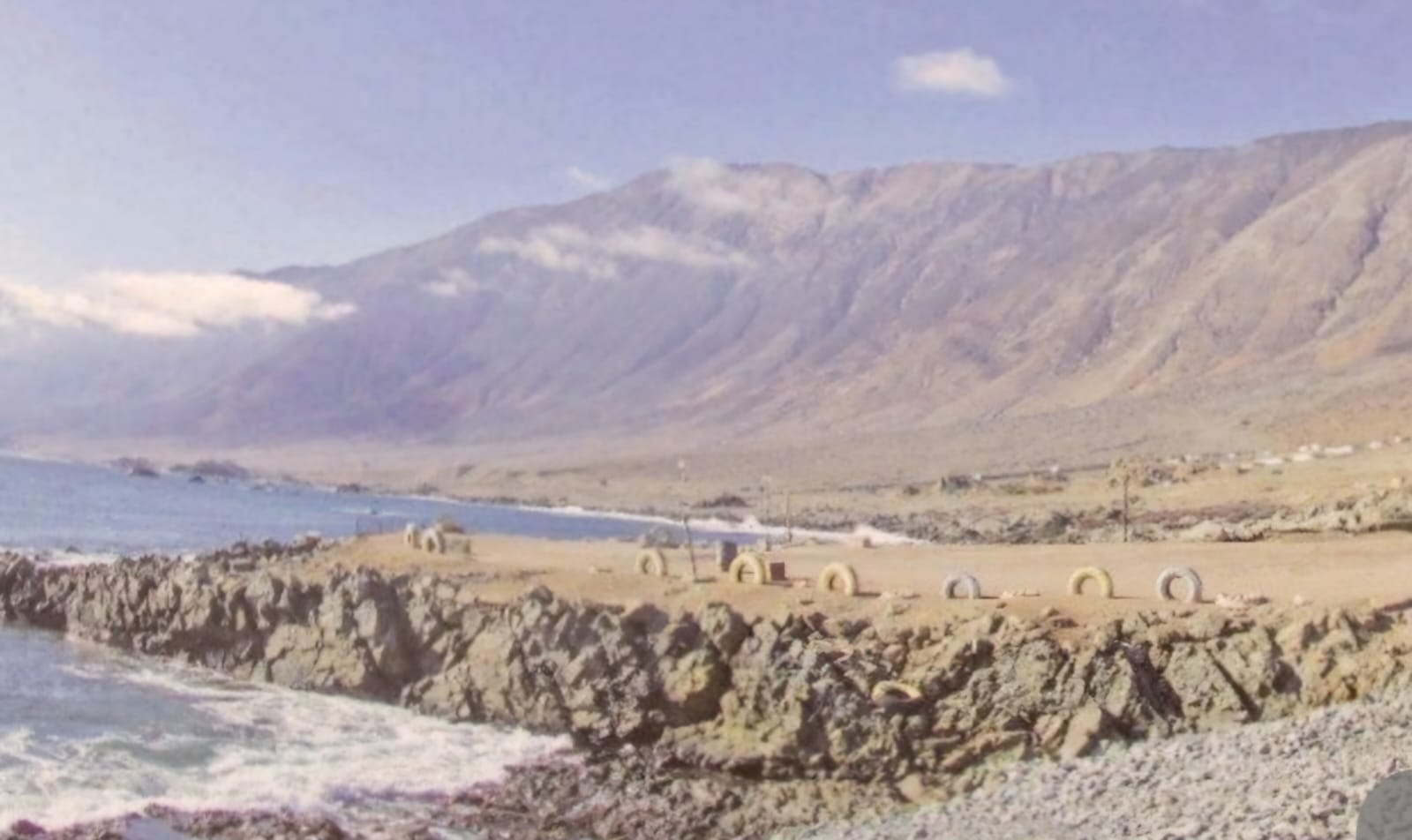The Economic Confidence Index by Deloitte-Cadem showed that 92% of business leaders rate the country's investment climate as bad or very bad. Attention tends to focus on Ministers Maisa Rojas and Diego Pardow.
Pessimism prevailed in the business world during September. The enthusiasm around the Fiestas Patrias celebrations and the three-day holiday seemed overshadowed by two major investment decisions: the suspension of Colbún's USS 1.4 billion Central de Bombeo Paposo project in Antofagasta, and Arauco's announcement of a USS 4.6 billion investment—not in Chile, but in Brazil.
In this context, 92% of the Business Panel included in the Economic Confidence Index by Deloitte and Cadem believe Chile is on the wrong track. This marks a 0.3 percentage point increase from the previous month.
While 79% of business leaders in August believed the current state of investment in the country was bad or very bad, this figure rose to 92% in the ninth month of the year.
Cadem's General Manager, Roberto Izikson, stated that Colbún and Arauco's decisions reflect the prevailing mood in the business sector, adding that "it is becoming increasingly difficult to invest in the country."
"The lack of clarity in advancing structural reforms, such as changes to the political system and permitting processes, is causing significant concern among business leaders," added Christian Durán, CEO and Managing Partner of Deloitte Chile.
This scenario, as reflected in last month's survey among private-sector representatives—including executives from various industries such as AFP Habitat, Banco Internacional, CMPC, Ripley, BTG Pactual, and SQM—also had a collateral effect on the image of some government ministers.
92% of the Business Panel rated Energy Minister Diego Pardow's efforts on investment as "bad or terrible." The figure rises to 100% for Environment Minister Maisa Rojas.
Izikson noted that these assessments are based on the fact that "both ministries are the ones with the highest conflict and problems when developing investment projects."
Regarding Minister Pardow, "the poor evaluation is mainly due to how he is handling the issue of electricity subsidies, changing the rules for power generators that made investment decisions based on previously established conditions that are now being disregarded," said Hernán Cheyre, chairman of the Center for Business and Society at Universidad del Desarrollo (CIES-UDD) and a panel member.
As for Rojas, the economist pointed out that "a significant portion of rejected projects have faced obstacles from an environmental assessment perspective, and there has been no genuine commitment from her to remove these barriers."
The highest-rated ministers by the Business Panel were Public Works Minister Jessica López and Finance Minister Mario Marcel, with executives giving them blue ratings—4.0 and 4.3, respectively, on a scale of one to seven.
CAE: Unlikely
The pessimistic mood among business leaders in September also extended to the reforms pushed by the Executive Branch and their chances of approval before the end of President Boric's term.
26% rated the fiscal pact—now lacking the income tax dimension—as "unlikely" to pass, while the figure rises to 43% for the pension reform. However, the least likely reform in the private sector's view is the partial forgiveness of the State-Guaranteed Loan (CAE).
Last week, the government introduced a bill to replace the CAE system with the Higher Education Financing (FES) program, along with a partial CAE debt relief.
When surveyed, 70% considered it "unlikely," though the poll was conducted before the bill's publication. "The panel's zero-probability assessment of CAE forgiveness is due to the high fiscal cost it would entail," said Cheyre.
Meanwhile, corporate director Hans Eben noted that while it is understood as "economic and emotional relief" for many families, "many other structural reforms in education are needed before discussing its financing."
Still, 71% believe the most relevant future reform is to the political system. "It is the foundation for rebuilding dialogue, seeking agreements, and solutions that represent the vast majority of Chileans," said Pauline Kantor, director of Horizontal.
Source: subscription edition ofDiario Financiero







Comments (0)
No comments yet. Be the first to comment!
Leave a comment